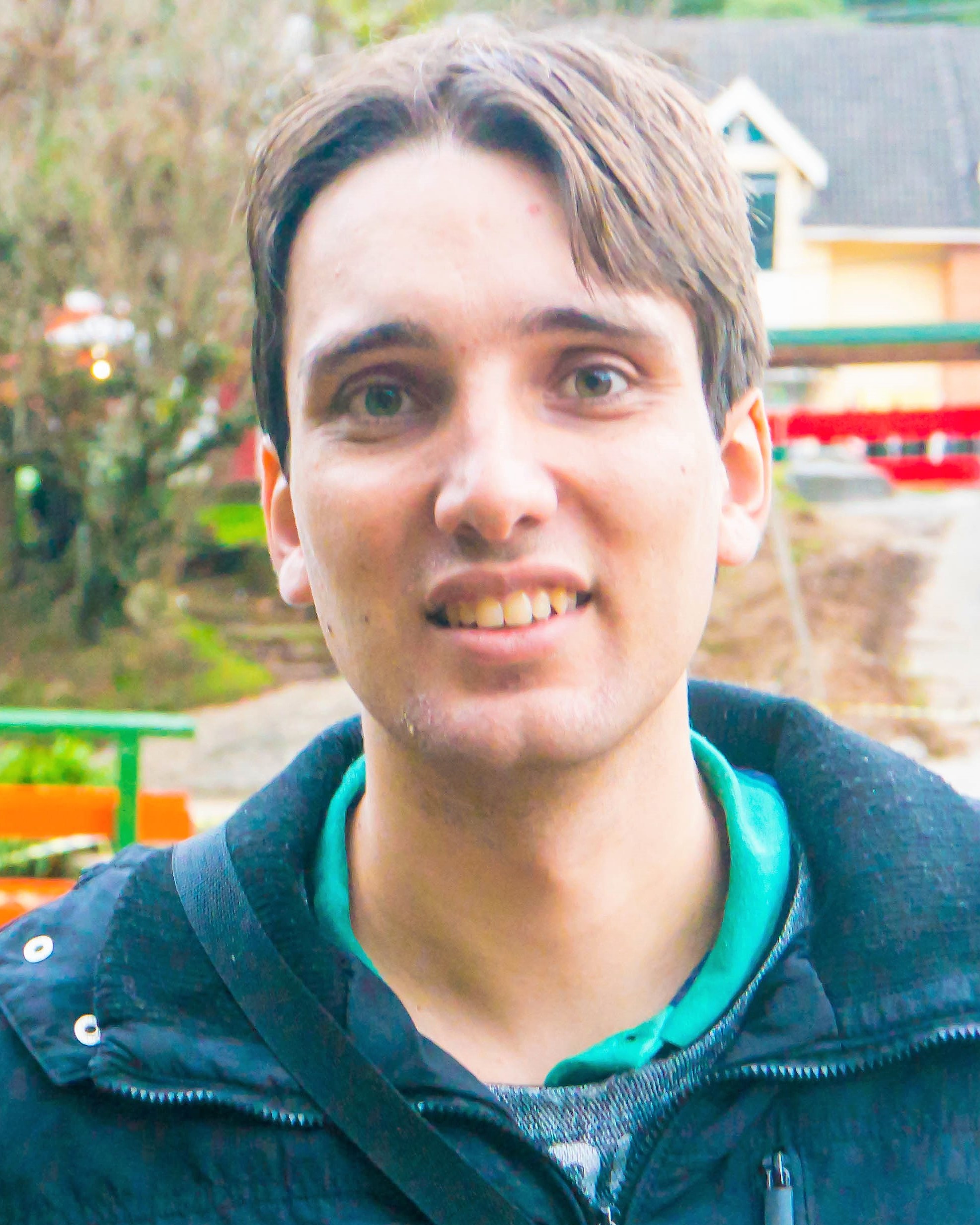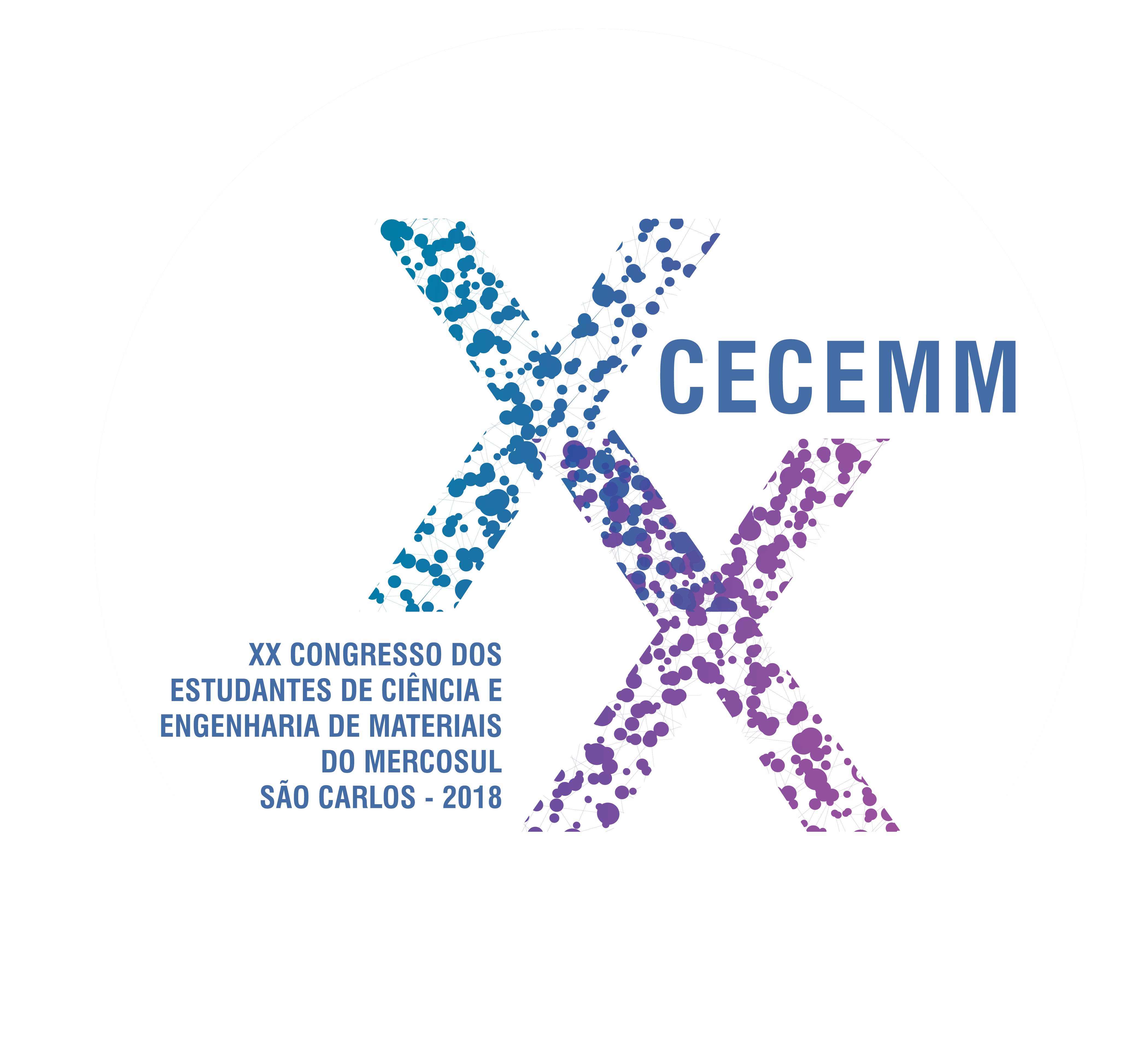Course 1
INTRODUCTION TO SCIENTIFIC COMPUTACIONAL PROGRAMMING USING MATLAB OR OCTAVE
MARLON SPROESSER MATHIAS DIAS
COURSE
The course will introduce the participants to the concept of scientific computing and it will show some of its uses in the real world. For this, Matlab (Mathworks) or Octave (open source) programs will be used, giving the basic tools for solving problems in various areas of science and indicating the path to continuous learning.
COVERED TOPICS
Introduction to scientific computing and its uses; interface of Matlab/Octave; variables; basic operations; scripts; data visualization; conditional structures and loops; creation and use of functions and tips and advices for next steps to continue the studies. Throughout the course, examples will be passed to be solved individually or in a group.
 Graduated in Aeronautical Engineering at the School of Engineering of São Carlos - USP, he is doing his internship at Airbus Group Innovations where he worked for one year with development in Matlab. He is a master and current PhD student in Mechanical Engineering at EESC-USP, and has numerical fluid simulations and analysis of hydrodynamic instability through computer codes written mainly in Matlab and Fortran as his research theme. He also participates in the TOPUS Group of Aerospace Research of EESC-USP, where he develops researches as the optimization of rockets by genetic algorithm and the flow simulation in a rocket nozzle.
Graduated in Aeronautical Engineering at the School of Engineering of São Carlos - USP, he is doing his internship at Airbus Group Innovations where he worked for one year with development in Matlab. He is a master and current PhD student in Mechanical Engineering at EESC-USP, and has numerical fluid simulations and analysis of hydrodynamic instability through computer codes written mainly in Matlab and Fortran as his research theme. He also participates in the TOPUS Group of Aerospace Research of EESC-USP, where he develops researches as the optimization of rockets by genetic algorithm and the flow simulation in a rocket nozzle.
The participants of the course are asked to bring a notebook with Matlab or Octave installed to solve the examples. Each notebook can be used for more than one person if needed. There is no pre-requisite to the mini-course, however, basic numerical and programming skills can increase proficiency. Octave can be downloaded for free at www.gnu.org/software/octave
Throughout the course, several examples will be given to the participants to solve on their computers, individually or in a group. In the end, a challenge will be proposed and its resolution will be shown.
